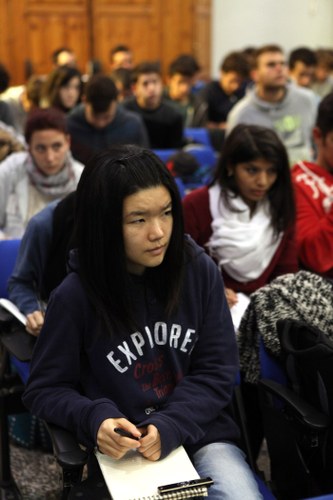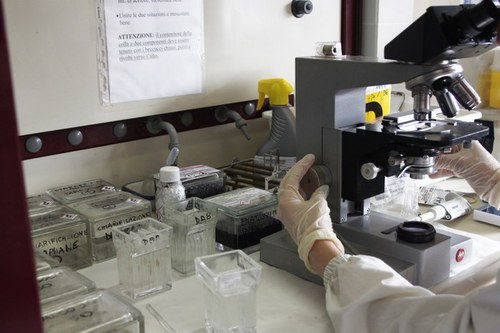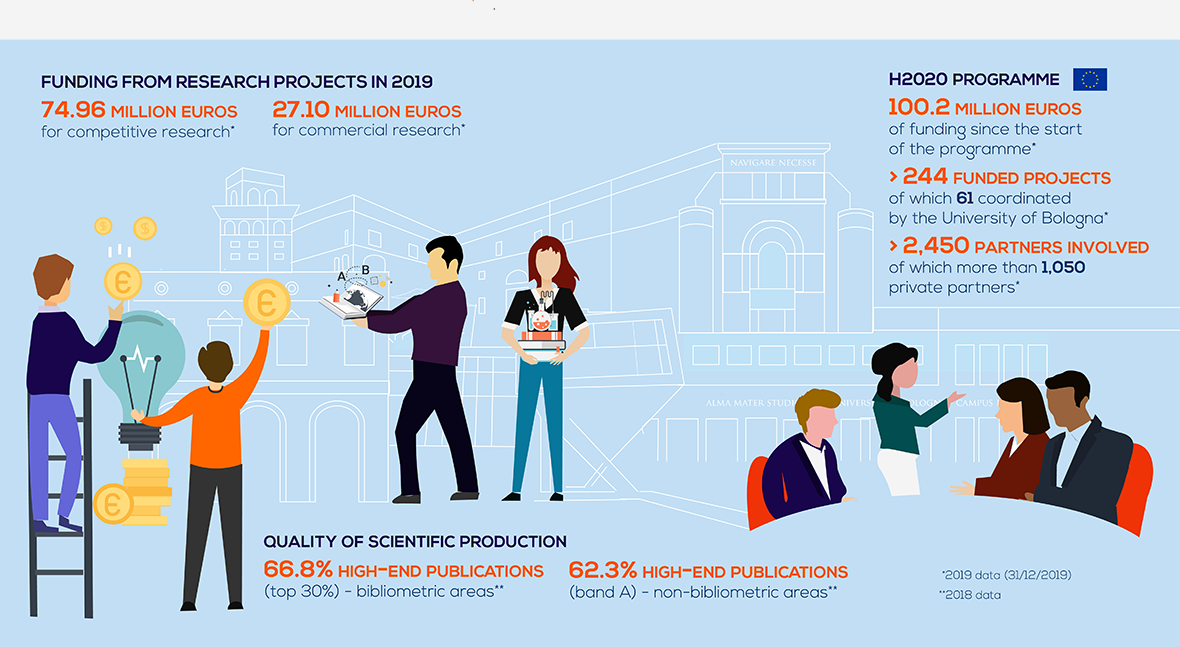LEARNING PROGRAMME

STAAA is taught completely in English and lasts 3 academic years.
The educational path consists in a common program, aimed at providing the fundamental research enablers to every student along with networking opportunities.
The course program is characterized by a first-year of training activities common to all students aimed to acquire an in-depth knowledge related to scientific communication, organization and functioning of the research. PhD students are trained with the basic knowledge for the planning and implementation of the individual research project, and the elaboration of the research results.
During the second year, the student activities are focused on the development of individual research activities.
The preparation of the final dissertation is the main activity on the last year.

Moreover, the educational path includes an ad-hoc designed path for each individual PhD strictly related to the selected research topic.
During the three-years PhD programme, the faculty recommends to carry out part of the research, in another research centre abroad.
This is an opportunity to diversify study experience, doing research in highly stimulating and competitive contexts, while exchanging ideas with other scholars and, therefore, establishing an early network of colleagues in academia.
Educational path is described more in detail in Career section.

RESEARCH AT THE UNIVERSITY OF BOLOGNA
In 2019, funding received for research projects was 74.96 million euros for competitive research and 27.10 million euros for commercial research.
Since the start of the EU H2020 programme, a European Commission's contribution of 100.2 million euros has been allocated to the University of Bologna by the end of 2019. There were 244 funded projects, of which 61 were coordinated by the University of Bologna. The number of partners involved totalled around 2,450, of which more than 1,050 were private.
Regarding the quality of scientific research, in 2018, in bibliometric areas 66.8% of academic publications ranked among the top 30%, while in non-bibliometric areas 62.3% of academic publications were ranked in band A, the highest.